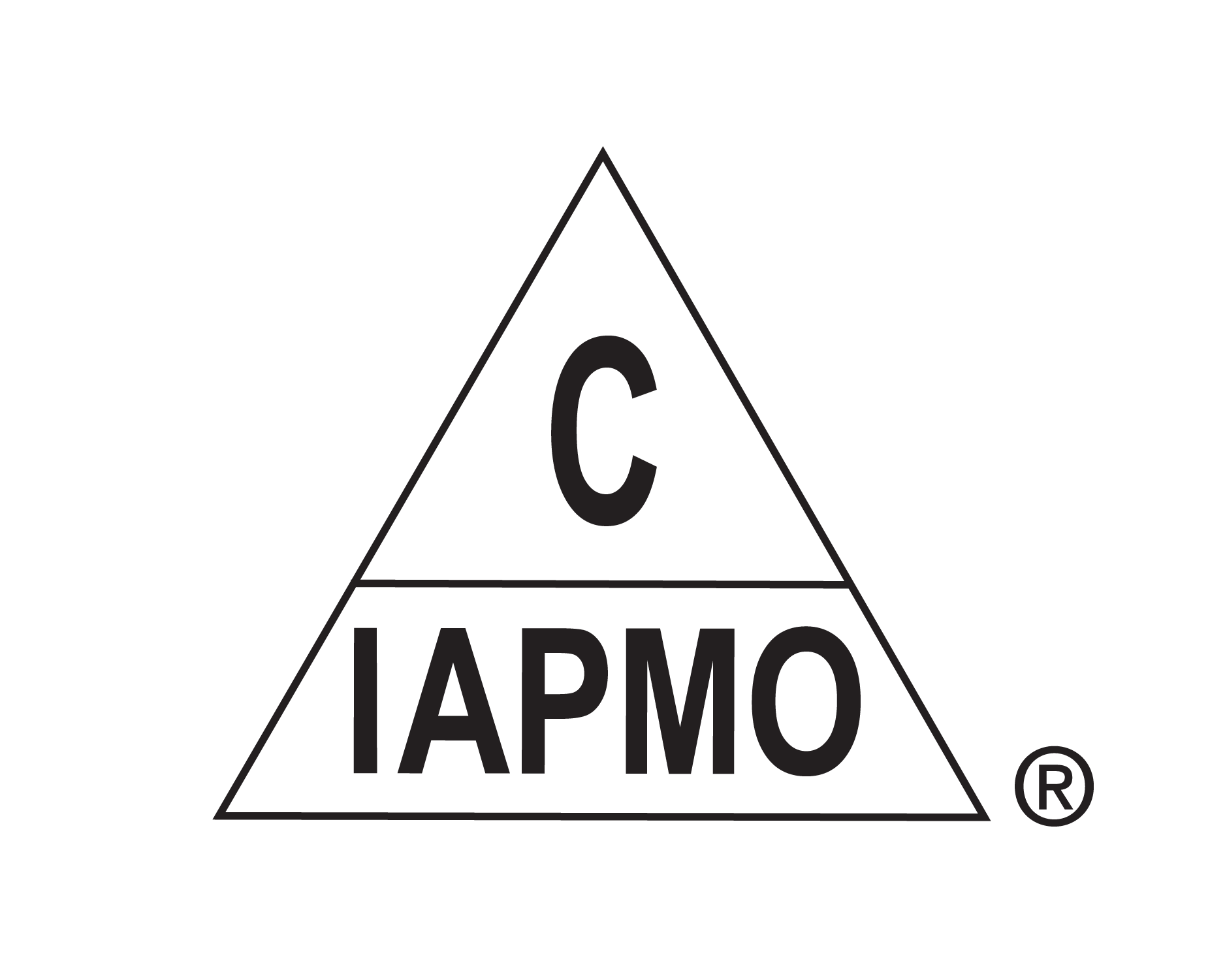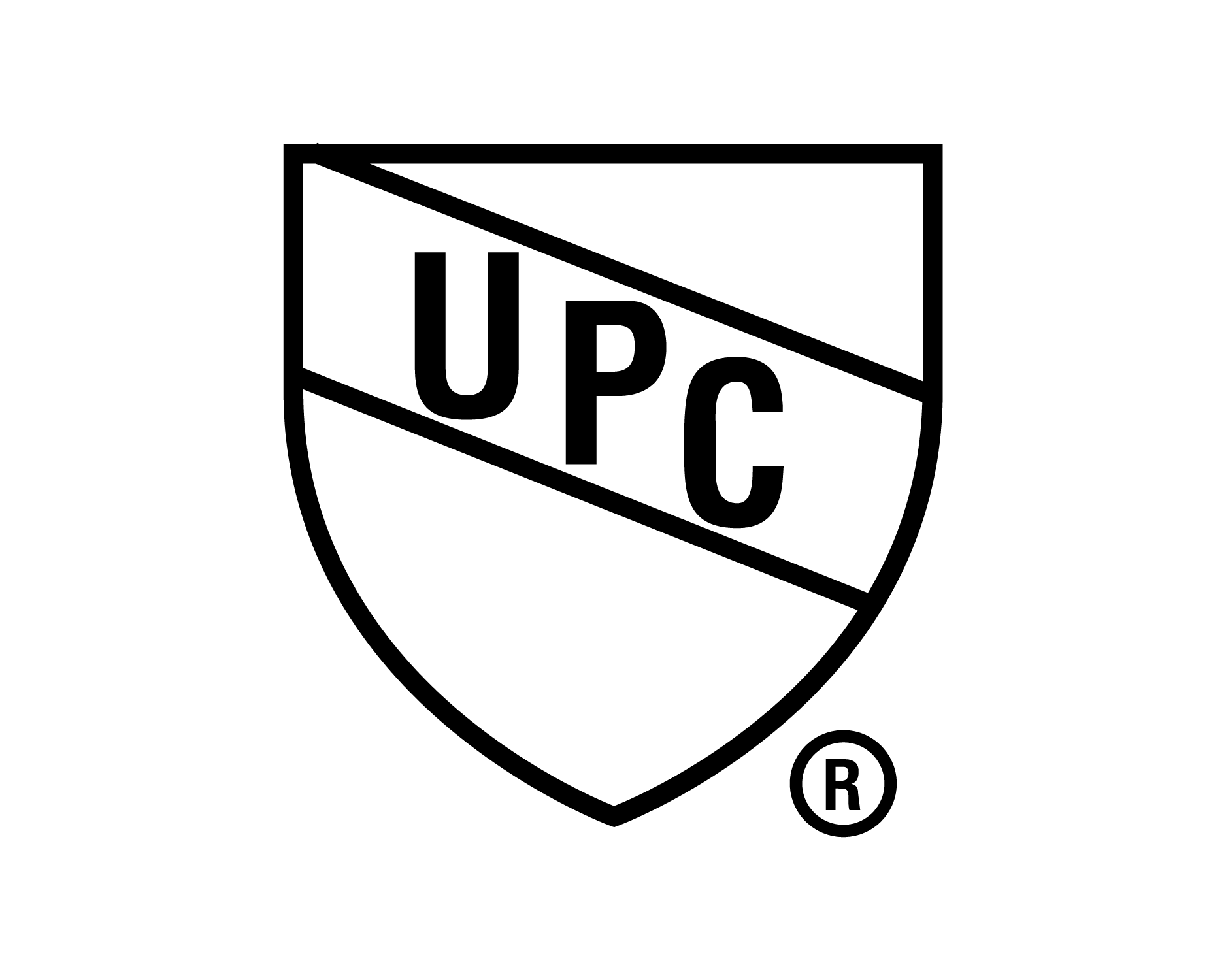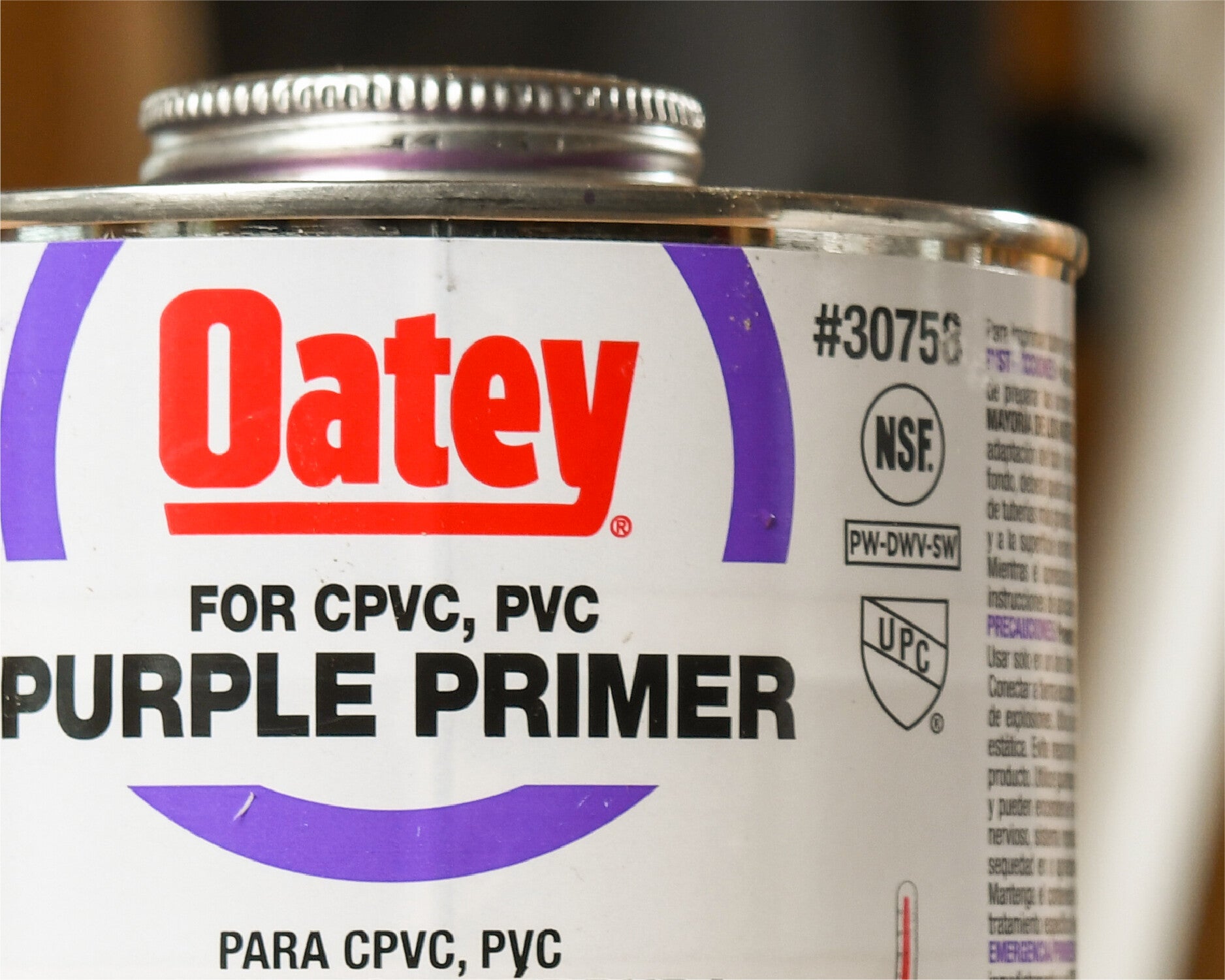When it comes to plumbing products, safety, quality, and compliance aren’t just buzzwords—they're essential. That's where certifications like IAPMO and UPC come into play. These globally recognized certifications ensure that plumbing products meet high standards of performance, safety, and compliance with applicable codes.
But why do they matter so much?
Whether you are a professional plumber, contractor, DIY enthusiast, or homeowner, understanding the significance of these certifications can save you time, money, and potential headaches down the line.
What are IAPMO and UPC Certifications?
Understanding IAPMO
The International Association of Plumbing and Mechanical Officials (IAPMO) is a third-party certification and testing organization. Established in 1926, IAPMO protects public health and safety by certifying plumbing and mechanical products. The organization acts as an unbiased authority, testing and certifying products to ensure they comply with rigorous safety and quality standards.
IAPMO does not manufacture or sell products, which strengthens its credibility as a neutral certifying body. Companies seeking IAPMO certification must submit their products for thorough testing that assesses everything from performance to material safety.

What is UPC Certification?
The Uniform Plumbing Code (UPC) is a set of regulations established by IAPMO. Products that earn the UPC certification meet or exceed the stringent standards outlined in the code.
Think of UPC certification as a stamp of approval, showing that a particular plumbing product meets safety and performance requirements. From preventing lead contamination in water supply lines to ensuring that waste-removal systems function efficiently, UPC certification guarantees that plumbing products are up to code.

Why Do These Certifications Matter?
Protecting Public Health and Safety
Plumbing systems deal with two critical aspects of public health and safety—potable water and waste removal. IAPMO- and UPC-certified products ensure that materials used in these systems won’t contaminate drinking water or harm the environment.
For example, uncertified products might contain unsafe materials like lead, which can have severe health consequences. Certifications like UPC help prevent these issues by ensuring all tested products meet strict guidelines for material safety.
Avoiding Contamination
Another key focus of IAPMO and UPC testing is the avoidance of cross-contamination. Certified products are designed and tested to prevent mixing potable water with wastewater, a crucial aspect of public health protection.
Enhancing Durability and Performance
Plumbing products certified by IAPMO and UPC undergo rigorous testing, ensuring they can perform reliably under the specified conditions. This means fewer breakdowns, leaks, or other costly issues. This results in peace of mind for consumers, knowing their plumbing systems are operating efficiently and safely.
Benefits of IAPMO and UPC Certifications
For Plumbers and Contractors
- Confidence in compliance: Using certified products ensures adherence to applicable plumbing codes, reducing the chance of failed inspections.
- Reputation building: Incorporating certified products strengthens your credibility as a professional committed to delivering safe, high-quality work.
- Simplified permitting process: Projects utilizing UPC-certified products often face fewer hurdles during the permitting process, saving time and effort.
For DIY Enthusiasts and Homeowners
- Safety assurance: Certified products meet strict safety standards, ensuring that plumbing systems won’t pose a risk to anyone’s health.
- Long-term savings: High-quality, certified products last longer and perform better, reducing the need for replacements or repairs.
- Environmental responsibility: Certifications often emphasize water efficiency, so certified products can help conserve water and lower utility bills.
How Do Certified Products Enhance Plumbing System Efficiency?
Safe Drinking Water
One of the core goals of IAPMO and UPC certifications is ensuring clean, safe drinking water. Certified fixtures and pipelines are designed to prevent leaks, contamination, and the use of harmful materials that could compromise water quality.
Water Efficiency
Water conservation is increasingly important, given growing environmental concerns and rising utility costs. Certified products often feature water-saving technologies, such as low-flow fixtures and dual-flush toilets, helping consumers use water more efficiently without sacrificing performance.
Cost Savings
Efficient plumbing systems are more cost-effective in the long term. Certified products help homeowners save on recurring expenses like water and sewer bills or repair costs by minimizing wastage and reducing the likelihood of product failure.
What If a Product Isn’t UPC or IAPMO Certified?
While many high-quality products carry IAPMO or UPC certifications, not all uncertified products are inherently bad. Some innovative products or niche solutions may not fit the standard certification framework; however, this requires extra due diligence.
If you’re considering an uncertified product, it’s essential to research the manufacturer’s standards and reviews. Additionally, closely follow the manufacturer's installation instructions to avoid potential problems down the line.
Practical Considerations for Homeowners
1. Check for Certification Marks
Look for IAPMO or UPC marks on plumbing products before purchasing. These marks are usually printed on the product or packaging.
On Oatey.com, all you have to do is view a product page, which will display whether it is IAPMO- or UPC-certified. You can also ask a product expert further questions here.
2. Know What’s Required
Familiarize yourself with your local plumbing codes. Using certified products can simplify home inspections and ensure long-term reliability.
3. Consult a Professional
DIY projects are rewarding, but certified plumbers have the expertise to select and install the right products for your home safely and efficiently.
By prioritizing IAPMO- and UPC-certified plumbing products, you’re making a commitment to quality, safety, and efficiency. These certifications may often be overlooked, but they play a critical role in ensuring that the products you trust with your water supply and waste-removal systems deliver optimal performance without compromise.

FAQ Section
What is IAPMO certification in plumbing?
IAPMO certification means a plumbing product has been tested and approved by the International Association of Plumbing and Mechanical Officials, ensuring it meets safety and performance standards.
What does UPC certification mean?
UPC certification indicates a product complies with the Uniform Plumbing Code. It’s a mark of quality, safety, and code compliance.
Are UPC-certified plumbing products required by law?
In many areas, yes. Local plumbing codes often require that installed products carry UPC certification to pass inspections and maintain code compliance.
How can I tell if a product is IAPMO or UPC certified?
Look for certification logos on the packaging or product body. On Oatey.com, certification details are listed on each product page.
Do IAPMO and UPC certifications impact water safety?
Absolutely. Certified products prevent contamination, ensure proper function, and support clean, safe drinking water delivery.